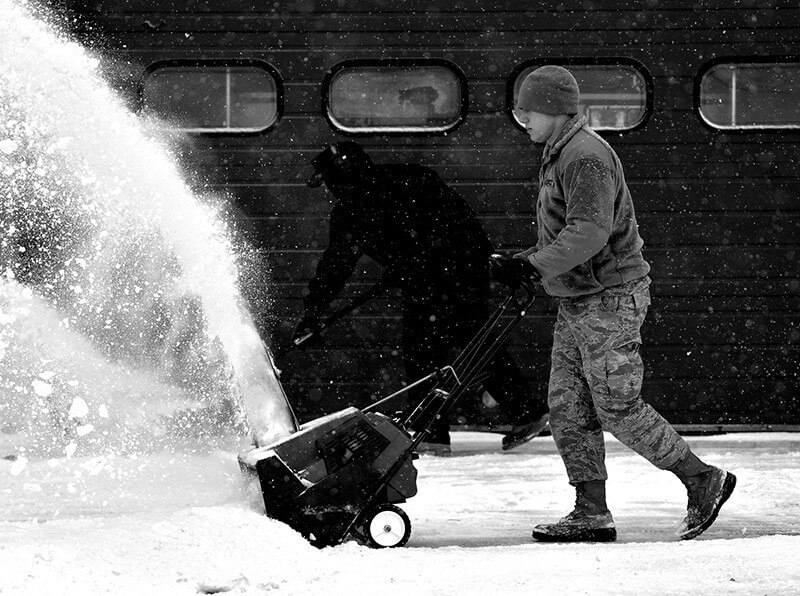 The outermost layer of skin, known as the stratum corneum, functions as a barrier to defend your body against environmental threats such as sun, wind, dry air, allergens and pollution, while simultaneously protecting your body’s critical moisture balance. The skin barrier in those affected by rosacea is often disrupted, leaving them more susceptible to dryness and irritation that could lead to a flare-up.
The outermost layer of skin, known as the stratum corneum, functions as a barrier to defend your body against environmental threats such as sun, wind, dry air, allergens and pollution, while simultaneously protecting your body’s critical moisture balance. The skin barrier in those affected by rosacea is often disrupted, leaving them more susceptible to dryness and irritation that could lead to a flare-up.
The dry air that comes along with winter weather can wreak havoc on rosacea skin. Outdoor humidity levels drop because cold air can’t retain as much moisture as warm air, while indoor heating systems further exacerbate the dry environment. Here are some tips to help prevent skin barrier damage during the winter months.
Apply moisturizer regularly. Dermatologists recommend regular use of moisturizer to prevent the burning, stinging, itching and irritation associated with rosacea and to build a strong moisture barrier to help keep out irritants that may aggravate sensitive skin.
Stay hydrated. Studies have shown that an impaired skin barrier allows more water to evaporate through the skin, leading to dehydration, burning and itching. Drink plenty of water throughout the day to replace the lost moisture and help repair your skin.
Use a humidifier. While our heating systems increase the temperature, they don’t add any moisture to the air. Ideally, indoor humidity should be between 30% and 50%. If indoor heat creates a dry environment in your house, consider using a humidifier to keep the air moist.
Wear a scarf. When spending time outdoors, even briefly, wear a scarf to help protect your face from the effects of wind and harsh weather. Make sure to pull the scarf up over your nose before you go outside and choose a fabric that both keeps the air out and feels good against your skin.
Don’t forget the sunscreen. Studies have found that UV light exposure can damage skin barrier function the year round. Look for non-chemical sunscreens that contain zinc or titanium dioxide and deliver UVA/UVB protection with an SPF of 30 or higher. A combination moisturizer-sunscreen can help keep skin from drying out as well.